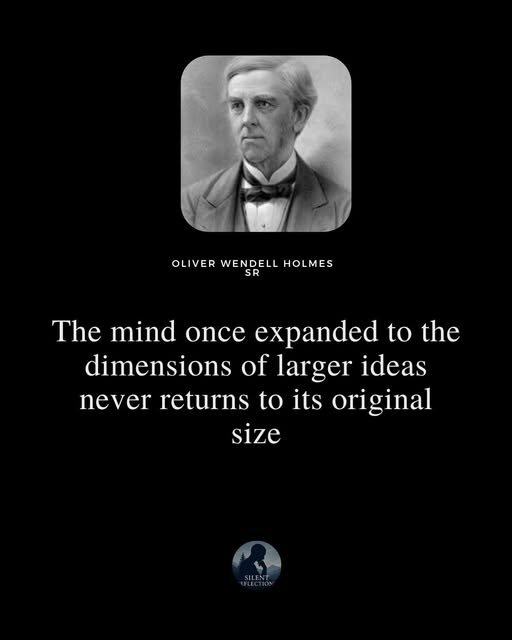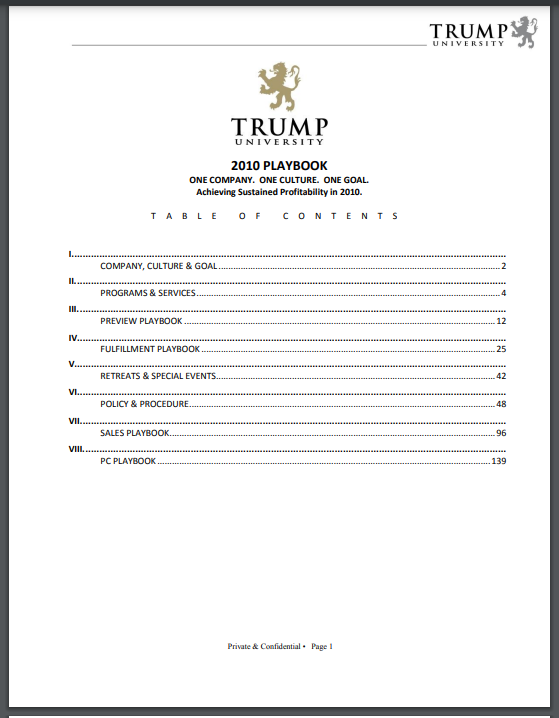
Willing Slaves of Capital
Disclaimer: This content has been uploaded by a user of Lit2Talks for educational and informational purposes only. All copyrights and trademarks belong to their respective owners. If you are the copyright holder and believe this content has been shared without your permission, please contact us for immediate removal.
Reviews
No review yet. Be the first to review this book!
×
Description
"Willing Slaves of Capital" is a book written by Frederic Lordon, a French philosopher and economist, originally published in French as "Capitalisme, désir et servitude" in 2010. The English translation by Gabriel Ash was published in 2014. In "Willing Slaves of Capital," Lordon provides a criti...






















.jpeg)








.jpg)










.jpeg)




.jpg)


.jpg)

.jpg)



.jpeg)




.png)




.jpg)


.jpeg)






.jpg)




.jpg)



.jpg)


.jpeg)



